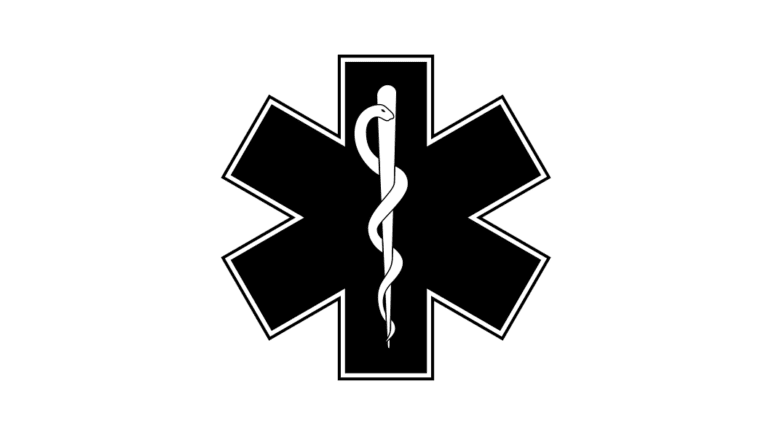by Melissa Kazakides, Georgia Recorder [This article first appeared in the Georgia Recorder, republished with permission]
January 16, 2024
At the January 2023 Mental Health Day at the Capitol speakers said the solutions to Georgia’s ailing mental health system were not easy and stigma weighed down progress. It’s a new legislative session and it’s no longer a question of stigma. The question is lawmakers’ commitment to mental health reform.
My own struggles with mental health and substance use were at their worst about 15 years ago. I was cycling in and out of psych units and drug rehab facilities, struggling with the demons of my dual diagnosis. I was hospitalized more than fifty times. Each time, after I stabilized as an inpatient, I had no housing or safe place to go where I could continue to heal.
Psychiatrists prescribed medications and placed me in outpatient programs, where people with no mental health training acted as babysitters. It was up to clients – my peers and me who were hardly clean from drugs and barely stable – to have meetings. These groups ended up failing because of our lack of social and communication skills, and the anger and depression that came from where our lives had ended up.
Since the pandemic, many peers use online peer support meetings like Double Trouble in Recovery, which is a 12-step program for the dual diagnosed recovery community. Trained peers facilitate other 12-step programs and classes on topics like spirituality, music or art therapy.
When I began recovery, peer support and respite centers were vital to my recovery. If I didn’t have access to these services, I am certain I would not be where I am today.
I have been in recovery for substance use for seven years going strong. Today I work as a certified peer specialist. I have been the director of Decatur’s Peer Support & Respite Center. Now I am the coordinator of Georgia Behavioral Health Planning and Advisory Council, which introduced me to my first and most eye-opening experience in legislative advocacy in 2022.
Council members came together to allocate funds for programs that benefited children, young adults and families with behavioral health concerns. That has inspired me to return to college to get a degree, perhaps in public administration.
I never thought I would be a part of the advocacy world, going to the state Capitol and talking to legislators about behavioral health policy and sharing my personal recovery story.
An important outlet for getting peer voices heard at the Gold Dome is Georgia Peer Policy Collective (GPPC), which formed in 2022. Recently I helped tabulate GPPC’s 2024 legislative priorities. The group is starting the new session with five legislative priorities:
Address Georgia’s mental health workforce shortage by expanding the certified peer specialist (CPS) workforce and supporting a salary increase in line with other service providers
Statewide access to local, in-person mental health care services
Expand housing opportunities for peers as a foundation for increased stability in mental health recovery
A minimum of one peer must be invited to participate in each legislative/gubernatorial commission, study group, or panel created to advise about mental health
Increased access to transportation, especially in rural communities with limited mental health services
The goal of GPPC is to work with state legislators to determine the future of mental health reform in Georgia. It is crucial that legislators hear the peer voice so decisions can be made with us and not for us.
Peers have lived experiences that show what works and what doesn’t when it comes to mental health – treatments, hospitalizations, crisis situations, experiencing homelessness, and living with no access to any resources for mental health and wellness. The list goes on, but there is hope.
Georgia has an innovative peer specialist program. With enhanced training, increased job opportunities and a living wage, more peers can contribute to improving our state mental health system.
In his State of the State address to the Georgia Legislature Thursday, Gov. Brian Kemp proposed increasing the Department of Behavioral Health and Developmental Disabilities’ budget by $205 million, which makes the total budget of $1.6 billion the largest mental health budget ever in the history of the state.
In 2022 the Georgia Legislature passed House Bill 1013 with its promise of sweeping mental health reform. Now lawmakers have the potential to tackle the most pressing mental health challenges of the state’s most vulnerable citizens.
Georgia Recorder is part of States Newsroom, a network of news bureaus supported by grants and a coalition of donors as a 501c(3) public charity. Georgia Recorder maintains editorial independence. Contact Editor John McCosh for questions: info@georgiarecorder.com. Follow Georgia Recorder on Facebook and Twitter.
